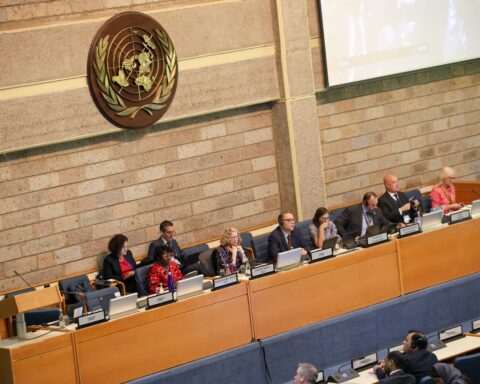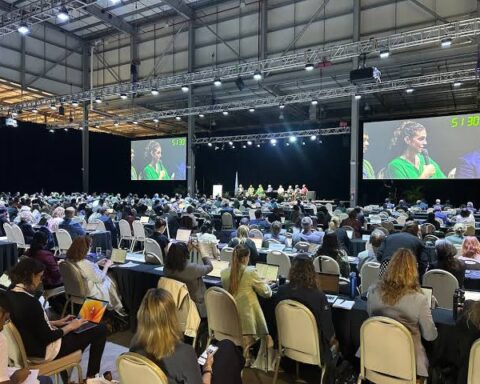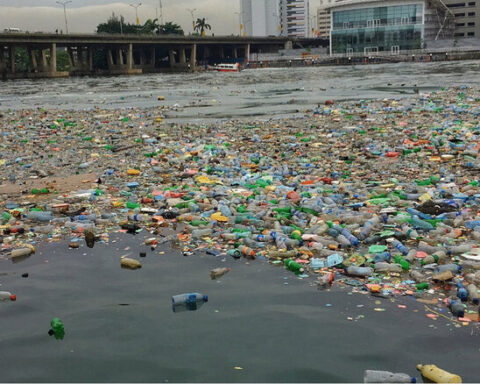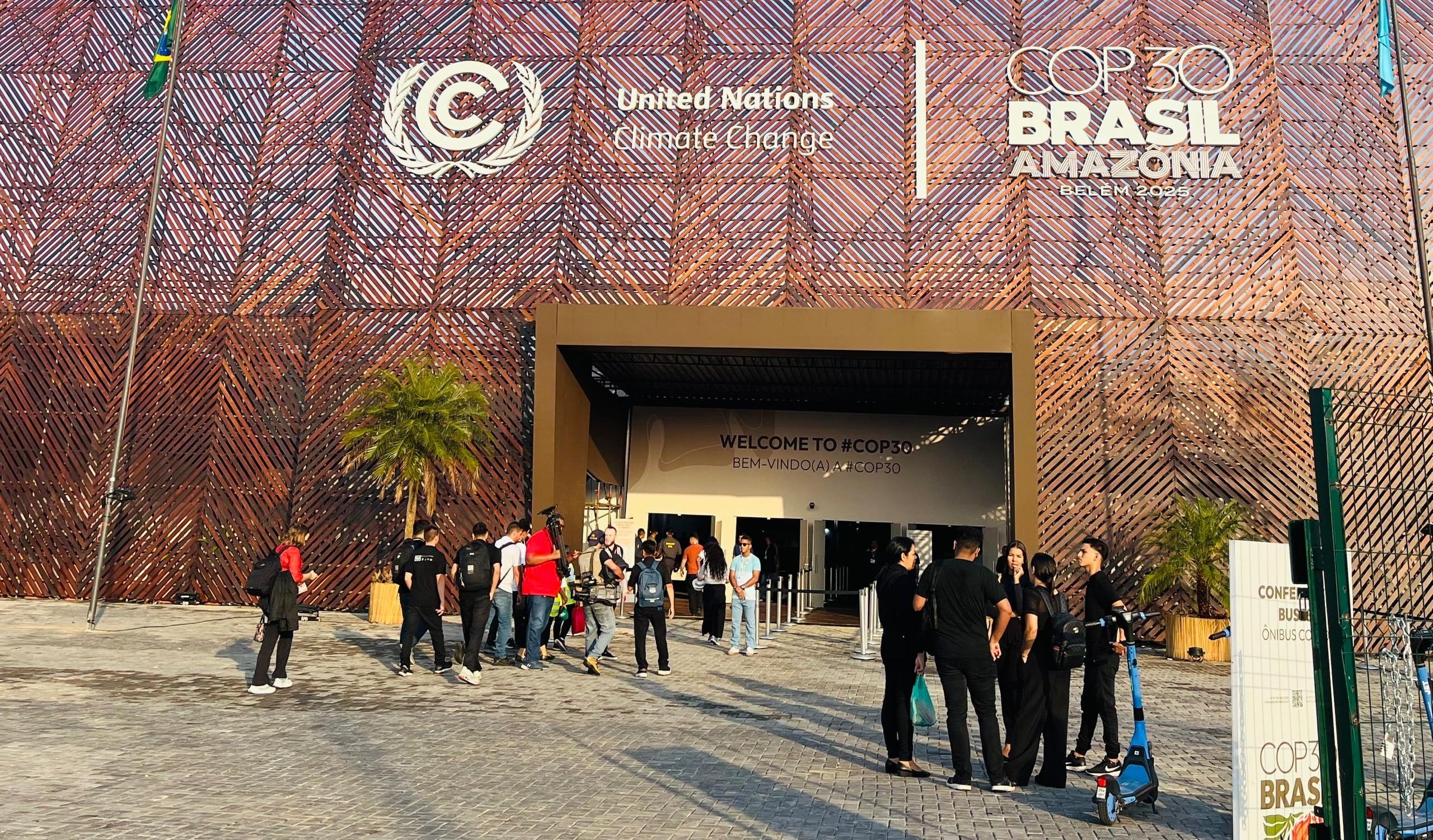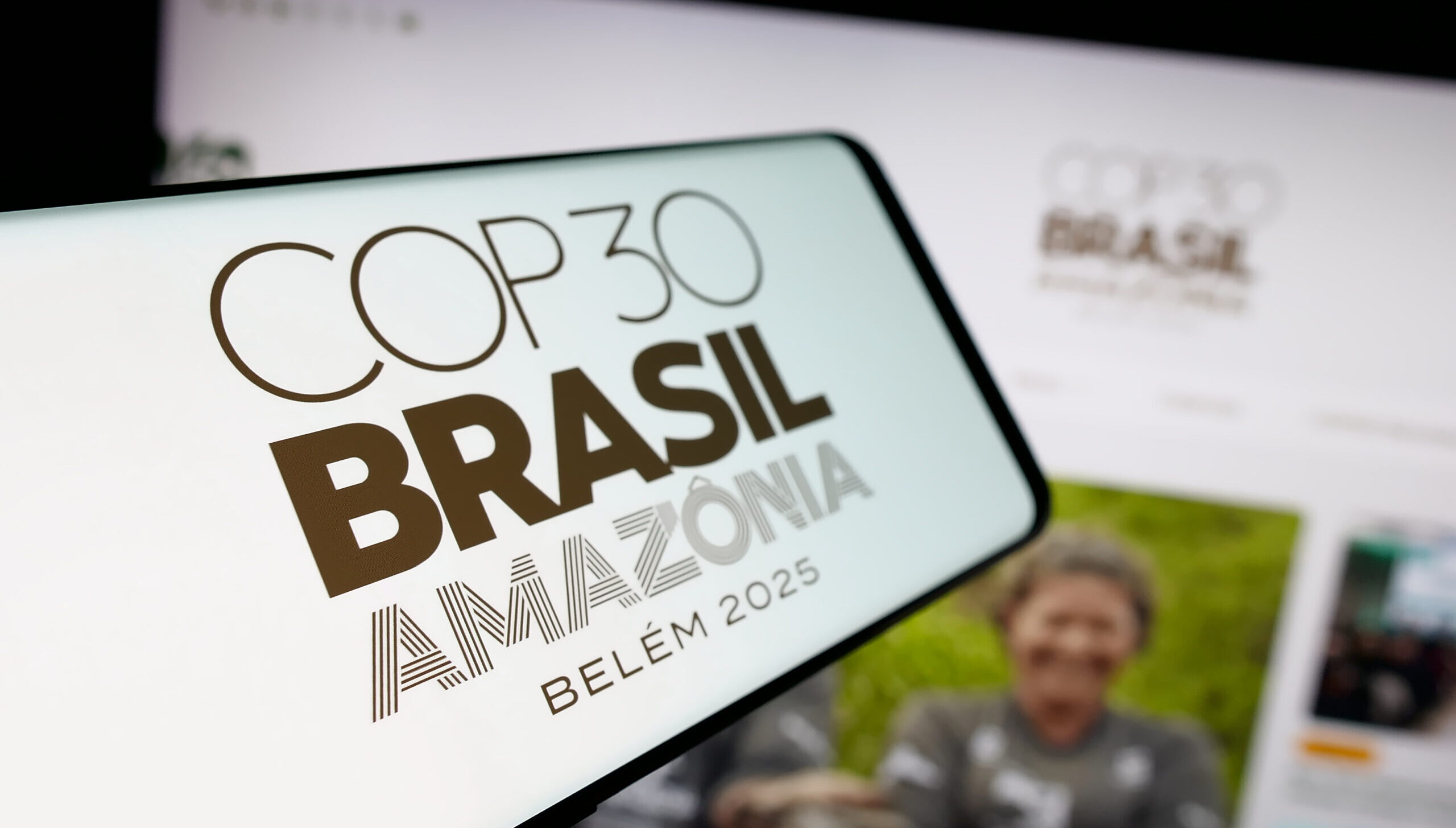Ministers attending the Global Methane Pledge Ministerial at COP30 have called for urgent and coordinated global action to curb methane emissions, following the release of a new report showing progress but warning that the world remains off track to meet the 2030 methane-reduction target.
The Global Methane Status Report, launched by the UN Environment Programme (UNEP) and the Climate and Clean Air Coalition (CCAC), revealed that while several countries have strengthened policies and sectoral regulations since 2021, current efforts fall short of the Global Methane Pledge goal of cutting emissions by 30% below 2020 levels by 2030.
Methane, a potent greenhouse gas driving nearly a third of current global warming, is rising globally. However, the report notes that updated climate legislation, new waste regulations in Europe and North America, and slower recent growth in natural gas markets have reduced projected emission levels compared to earlier forecasts.
According to the report, Nationally Determined Contributions (NDCs) and national methane plans submitted by mid-2025 could deliver an 8% cut by 2030 if fully implemented, potentially marking the fastest decline in methane emissions in recorded history.
But achieving the 30 percent reduction target will require maximum deployment of proven and technically feasible solutions, the report stressed.
The biggest mitigation potential lies in the energy sector, which accounts for 72% of possible reductions, followed by waste (18%) and agriculture (10%). UNEP notes that more than 80 percent of the methane cuts needed by 2030 are achievable at low cost.
The benefits are also significant: full implementation of available measures could prevent 180,000 premature deaths and 19 million tonnes of crop losses annually by 2030, a crucial point for food-insecure regions, including parts of Africa.
Julie Dabrusin, Canada’s Minister of Environment and Climate Change and Co-Convener of the Global Methane Pledge, said countries must convert ambition into “tangible benefits for the planet.”
“In just four years, we have made improvements, but we must drive faster and deeper methane cuts,” she said. “Every tonne reduced brings us closer to cleaner air, more resilient communities, and a thriving global economy.”
European Commissioner for Energy and Housing, Dan Jørgensen, said the Pledge has already proven that progress is possible.
“Countries and companies across continents are showing that methane reductions are achievable and deliver cleaner air and stronger economies,” he added.
UNEP Executive Director, Inger Andersen, emphasised that methane reduction is one of the quickest ways to slow global heating.
“Reducing methane is immediate climate action. It also protects health and reduces crop losses critical for food security,” Andersen said.
The report underscores that most global methane reduction opportunities lie in G20+ countries, which could collectively reduce their emissions by 36 percent by 2030.
It calls for stronger measurement, reporting, finance, and transparency areas, where many developing countries, including in Africa, continue to struggle due to capacity and resource constraints.
Methane mitigation is particularly significant for African countries like Nigeria, where gas flaring, waste mismanagement, and agricultural emissions remain key contributors to warming and public health impacts.
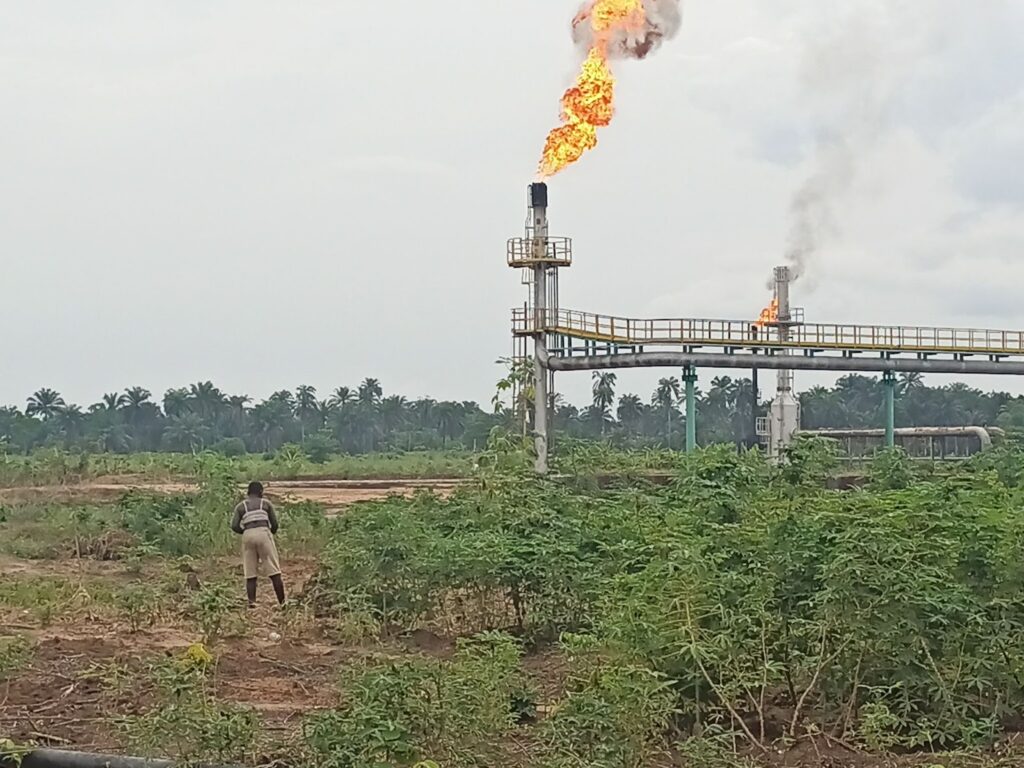
The report highlights opportunities for developing nations to access global technical support, new methane-monitoring technologies, and climate finance facilities tools that African governments have repeatedly demanded at COP meetings.
UNEP warns that decisions taken between now and 2030 will determine whether the world can seize the opportunity to deliver cleaner air, stronger economies, and a safer climate for future generations.
By Dare Akogun




